Early life, education and ministry roots
When a sudden medical emergency silenced a voice that echoed through evangelical campuses, the shock reverberated far beyond any single congregation. Voddie Baucham was born on March 11, 1969, in Los Angeles and grew up with a love for both football and Scripture. After a stint as a tight end at New Mexico State and Rice University, he transferred to Houston Baptist University, where he earned his BA and discovered a calling to ministry.
His theological training was extensive. He earned an MDiv from Southwestern Baptist Theological Seminary, followed by a Doctor of Ministry from Southeastern Baptist Theological Seminary, and even pursued post‑graduate work at Oxford. Those credentials opened doors to itinerant preaching across Texas, where he became a regular on early Passion conferences in the late 1990s.
In the early 2000s, Baucham took the helm of Grace Family Baptist Church in Spring, Texas, a Southern Baptist congregation that grew under his leadership. The church’s growth mirrored his rising profile: books, conference speaking, and a growing online ministry that began in 1993 under the banner Voddie Baucham Ministries.
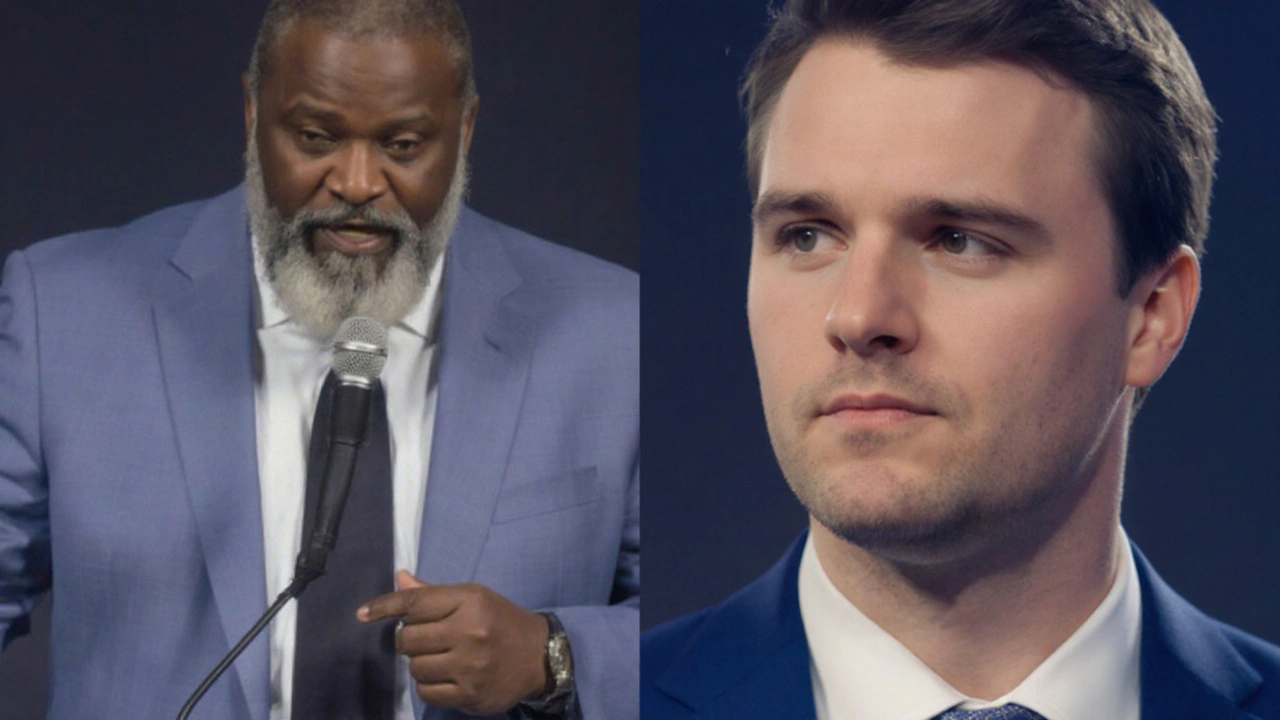
Legacy, overseas service and final chapter
2015 marked a dramatic shift when he relocated to Lusaka, Zambia. For nine years he served as Dean of Theology at African Christian University, shaping a generation of African pastors and scholars. Colleagues recall his insistence on doctrinal purity and his willingness to mentor students who wanted to engage their cultures without compromising biblical convictions.
Returning to the United States in 2024, Baucham helped launch Founders Seminary in Cape Coral, Florida, assuming the role of Founding President. The seminary’s mission—to raise pastors steeped in Reformed Baptist theology—felt like a natural extension of his decades‑long emphasis on “faithful teaching in a shifting culture.”
Beyond the academic arena, he was a board member of Founders Ministries and was floated as a potential SBC president in 2022, though he later said his overseas status made him ineligible. His book Fault Lines remains a staple on many church shelves, warning believers about cultural and theological compromises.
When news broke on September 25, 2025, that he had succumbed to a sudden health crisis, prayers poured in from congregations, seminaries, and ministries that had felt his impact. Founders Ministries described him as a “dear brother who has left the land of the dying and entered the land of the living.” The outpouring of grief highlighted how a single life can shape multiple continents, classrooms, and church pews—all while pointing constantly back to the gospel.

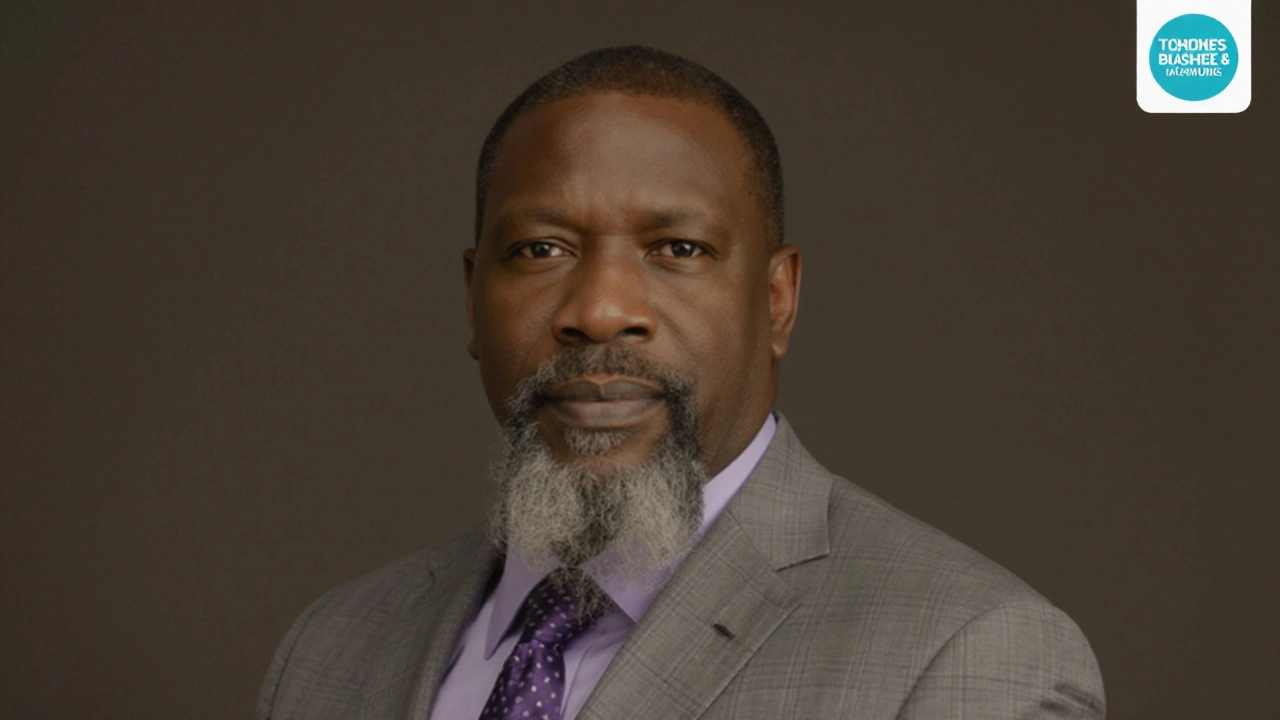


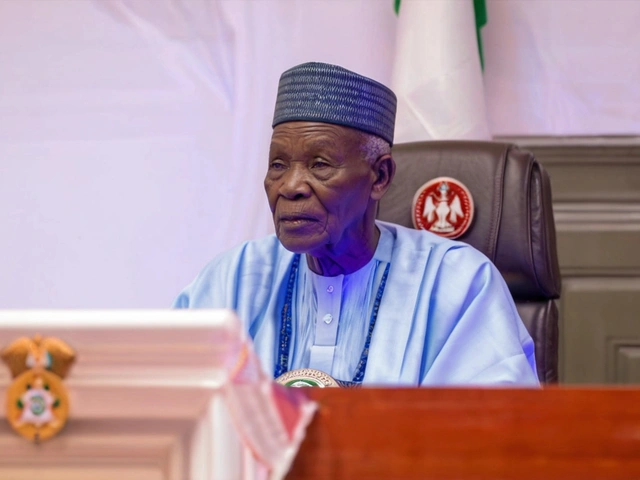
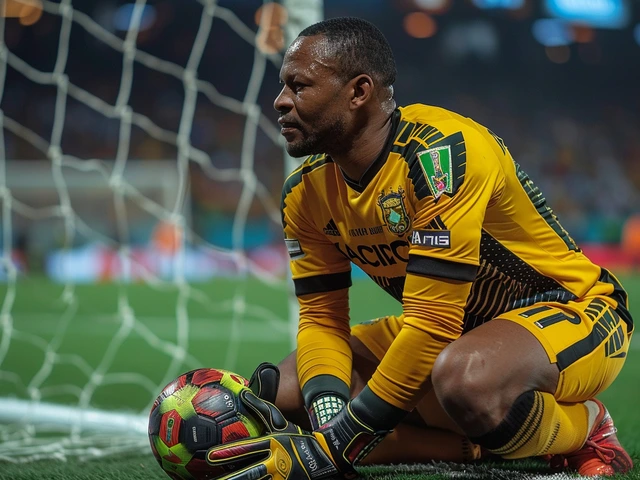

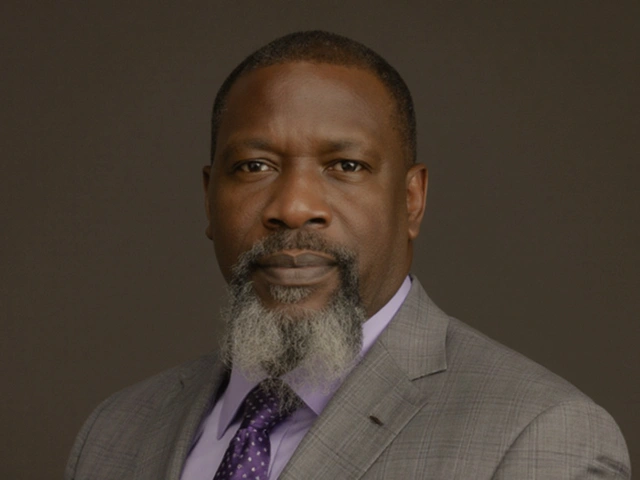
Linda Lawton
September 27, 2025 AT 06:01He’s gone, and the shadows of his false doctrines finally fade away.
Ashley Bradley
October 2, 2025 AT 13:54Voddie Baucham’s life reads like a cautionary tale about the pursuit of intellectual prestige at the expense of communal humility.
He amassed degrees from prestigious institutions, yet his legacy remains tangled in the very cultural battles he claimed to transcend.
One might argue that his theological rigor was a veneer for a deeper desire to control the narrative within evangelical circles.
The move to Zambia, while outwardly altruistic, also positioned him as a cultural export, imposing Western Reformed Baptist norms on African contexts.
His insistence on doctrinal purity often eclipsed the pastoral sensitivity required for cross‑cultural ministry.
Furthermore, his involvement in Founders Ministries illustrates a pattern of building echo chambers rather than fostering open dialogue.
In the academic sphere, his writings, such as Fault Lines, continue to shape curricula, perpetuating a singular worldview.
Critics have noted that this approach marginalizes alternative theological perspectives and stifles the richness of Christian diversity.
From a philosophical standpoint, his life invites reflection on the tension between authority and humility.
Authority, when unchecked, can become authoritarian, and humility, when absent, erodes the very community it seeks to serve.
His sudden death forces us to confront the fragility of human agendas in the face of divine mystery.
It reminds us that no amount of scholarly accolade can shield one from the inevitable finitude of flesh.
Thus, while his contributions to biblical education are undeniable, they must be weighed against the broader implications of his leadership style.
In the end, the true measure of his impact will be seen in the lives he touched and the conversations he sparked.
May we learn from both his strengths and his shortcomings as we navigate our own callings.
Joe Delaney
October 7, 2025 AT 21:48He left a big mark on many churches and taught a lot.
Jordyn Wade
October 13, 2025 AT 05:42Voddie’s influence stretched across continents, and many students still cite his lectures as formative moments in their ministerial journey.
His commitment to doctrinal clarity resonated with those craving stability amid cultural flux.
At the same time, his approach sometimes felt exclusive, as if only a narrow corridor of thought could be deemed acceptable.
Balancing rigorous theology with pastoral compassion is a delicate art, one that he wrestled with throughout his career.
His tenure in Zambia exemplified both the power and the pitfalls of cross‑cultural ministry.
While he equipped local leaders with tools for biblical exegesis, some wonder whether his methods fully honored indigenous expressions of faith.
Nevertheless, the legacy of encouraging deeper scriptural engagement remains a positive thread in his story.
Future generations would do well to build on his strengths while learning from the areas where his vision was limited.
Amber Brewer
October 18, 2025 AT 13:35For anyone looking to understand his theological positions, his book "Fault Lines" offers a concise overview of his concerns about cultural compromise, and his articles on Founders Ministries provide additional context on his views regarding church leadership.
Kim Coulter
October 23, 2025 AT 21:29It’s no coincidence that a man who championed a rigid American evangelical framework chose to spread that same worldview abroad, reinforcing a kind of cultural hegemony that masks itself as spiritual mentorship.
Michelle Toale-Burke
October 29, 2025 AT 04:23So sad 😢 - lost a big voice in the community.
Amy Paradise
November 3, 2025 AT 12:16Thanks for pointing out the resources, Amber! I’ve bookmarked the links and will dive in later 😊.
Janette Cybulski
November 8, 2025 AT 20:10Sending love to all who were touched by his work-may his memory inspire kindness and deeper study.
Mildred Alonzo
November 14, 2025 AT 04:03While i admire his scholarship, i think its also worth considerng how his approach might oversimplify complex cultural dynamics. It's a tricky balance.
Elizabeth Bennett
November 19, 2025 AT 11:57Your thoughtful analysis, Ashley, really helped me see the nuance in his legacy. It’s a reminder that leaders are human, with both strengths and blind spots.
linda menuhin
November 24, 2025 AT 19:51i dunno sure if i attoinshed the whole story but it was good to read.